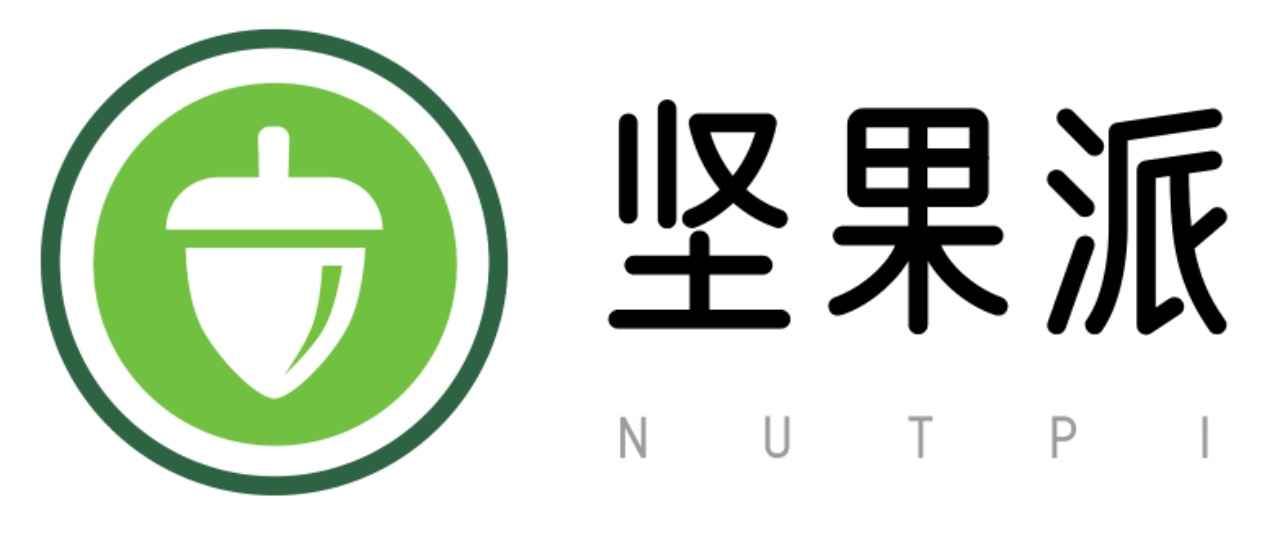鸿蒙隐私弹窗功能开发实践
2025-06-04 12:58:10
279次阅读
0个评论
鸿蒙隐私弹窗功能开发实践
最近在开发鸿蒙应用时,发现隐私弹窗是一个绕不开的功能。它不仅关系到用户体验,更关系到应用的合规性。经过一番摸索和实践,终于实现了一个还算满意的隐私弹窗,这里分享下开发心得。
一、开发背景
在开发鸿蒙应用时,隐私弹窗是一个非常重要的功能。它不仅关系到用户体验,更关系到应用的合规性。本文将详细介绍如何在鸿蒙应用中实现一个美观、实用的自定义隐私弹窗。
二、实现步骤
2.1 创建隐私弹窗组件
首先创建一个自定义的隐私弹窗组件 PrivacyDialog.ets:
@CustomDialog
export struct PrivacyDialog {
controller: CustomDialogController;
context: common.UIAbilityContext = getContext(this) as common.UIAbilityContext;
confirm: () => void = () => {};
cancel: () => void = () => {};
build() {
Column() {
// 标题
Text('隐私政策')
.fontSize(20)
.fontWeight(FontWeight.Bold)
.margin({ top: 16, bottom: 16 })
.textAlign(TextAlign.Center)
.fontColor($r('app.color.text_primary'))
// 内容
Text() {
Span('本应用重视并保护所有用户的个人隐私权。为了给您提供更准确、更有个性化的服务,本应用会按照隐私政策')
.fontSize(16)
.fontColor($r('app.color.text_secondary'))
Span('的规定使用和披露您的个人信息。可阅读')
.fontSize(16)
.fontColor($r('app.color.text_secondary'))
Span('服务协议')
.fontSize(16)
.fontColor($r('app.color.brand_color'))
.onClick(() => {
this.controller.close();
router.pushUrl({
url: 'pages/UserAgreementDetail',
params: { needShowDialog: true }
});
})
Span('和')
.fontSize(16)
.fontColor($r('app.color.text_secondary'))
Span('隐私政策')
.fontSize(16)
.fontColor($r('app.color.brand_color'))
.onClick(() => {
this.controller.close();
router.pushUrl({
url: 'pages/PrivacyPolicyDetail',
params: { needShowDialog: true }
});
})
}
.margin({ left: 16, right: 16 })
.textAlign(TextAlign.Center)
// 按钮
Row() {
Button('同意')
.width('45%')
.height(40)
.backgroundColor($r('app.color.brand_color'))
.fontColor(Color.White)
.onClick(() => {
this.confirm();
this.controller.close();
})
Button('不同意并退出')
.width('45%')
.height(40)
.fontColor($r('app.color.text_secondary'))
.backgroundColor($r('app.color.card_background'))
.onClick(() => {
this.cancel();
this.controller.close();
})
}
.width('100%')
.justifyContent(FlexAlign.SpaceAround)
.margin({ top: 40, bottom: 16 })
}
.width('90%')
.backgroundColor($r('app.color.card_background'))
.borderRadius(16)
.padding(16)
}
}
2.2 在欢迎页面中使用
在欢迎页面 Welcome.ets 中集成隐私弹窗:
@Entry
@Component
struct Welcome {
@State showPrivacyDialog: boolean = false;
private context = getContext(this) as common.UIAbilityContext;
private preferences: dataPreferences.Preferences | null = null;
private dialogController: CustomDialogController = new CustomDialogController({
builder: PrivacyDialog({
context: this.context,
confirm: async () => {
try {
if (this.preferences) {
await this.preferences.put('privacy_agreed', true);
await this.preferences.flush();
}
router.replaceUrl({ url: 'pages/Index' });
} catch (error) {
console.error('Update privacy agreement flag failed:', error);
}
},
cancel: () => {
this.context.terminateSelfWithResult({
resultCode: 0,
want: {}
});
}
}),
alignment: DialogAlignment.Center,
offset: { dx: 0, dy: 0 },
customStyle: true,
autoCancel: false
});
async aboutToAppear() {
try {
this.preferences = await dataPreferences.getPreferences(this.context, 'app_settings');
const hasAgreed = await this.preferences.get('privacy_agreed', false);
if (!hasAgreed) {
this.showPrivacyDialog = true;
this.dialogController.open();
} else {
setTimeout(() => {
router.replaceUrl({ url: 'pages/Index' });
}, 1100);
}
} catch (error) {
console.error('Initialize preferences failed:', error);
}
}
}
三、踩坑记录
3.1 界面设计
- 一开始弹窗布局比较随意,后来参考了一些主流应用的设计,才改得比较美观
- 隐私政策说明文字太长,用户根本不会看,后来精简了一下
- 按钮样式一开始不够醒目,改了几次才满意
- 深色模式适配花了不少时间
3.2 交互体验
- 查看详细隐私政策时,一开始没有关闭弹窗,导致用户操作很混乱
- 服务协议和隐私政策的跳转逻辑改了好几次
- 同意后跳转的时机把握不好,后来加了延时
- 不同意退出时,一开始没有给用户确认的机会
3.3 数据存储
- Preferences存储一开始没做好异常处理,导致数据丢失
- 重复显示弹窗的问题折腾了好久
- 重置隐私设置的功能是后来加的,因为用户有需求
四、注意事项
- 权限管理
- 存储权限一定要申请,不然数据存不了
- 权限申请流程要友好,不能太生硬
- 用户体验
- 弹窗内容要简单直接,别整太复杂
- 操作指引要清晰,别让用户猜
- 详细政策要容易找到,但别太显眼
- 合规性
- 法律法规一定要遵守,别给自己找麻烦
- 用户隐私要保护好,这是底线
- 必要的说明信息要写清楚,别含糊
五、总结
这个隐私弹窗功能,前后改了好几版,踩了不少坑。不过功夫不负有心人,最后的效果还算满意。如果你也在做类似功能,希望这篇文章能帮到你。
六、参考资源
欢迎体验
这个隐私弹窗功能已经集成到鸿蒙开发者工具箱里了,欢迎下载体验!
作者:在人间耕耘 邮箱:1743914721@qq.com 版权声明:本文为CSDN博主原创文章,转载请附上原文出处链接及本声明。
00
- 0回答
- 0粉丝
- 0关注
